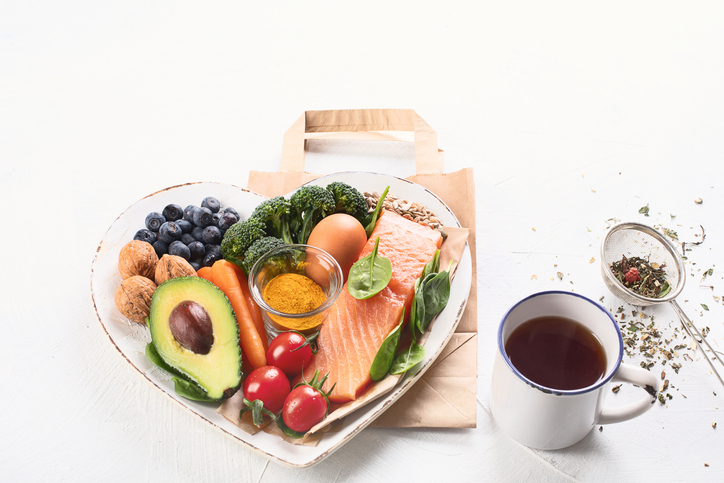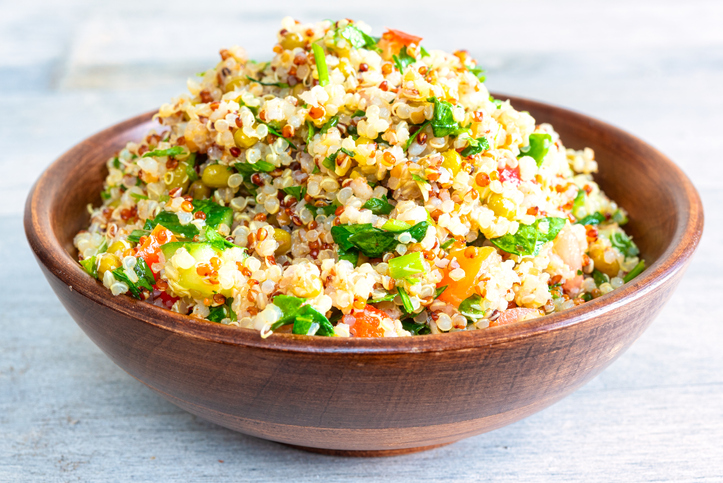7 Ways to Boost Your Immunity



strong immune system is the foundation of good health, warding off infections and allowing you to bounce back more quickly if you do get sick. Although there is no one food or supplement that has been scientifically proven to improve immunity, there are certain foods and health practices that can give you a natural boost. A diet rich in whole foods that provides you with an abundance of vitamins, minerals, phytonutrients and dietary fiber will keep immunity buzzing, while too much saturated fat, simple sugars and processed foods can weaken your body’s natural defenses. Read on to find out how to keep your immune system fully charged with these immunity boosters.
1. Add omega-3 fatty acids.
Research suggests omega-3 fatty acids may have beneficial effects on a variety of inflammatory conditions, such as heart disease, inflammatory bowel disease and even allergies. These health-promoting fatty acids—specifically EPA and DHA—are found in cold-water fish, including salmon, sardines, trout and tuna. Other great sources include walnuts, flaxseeds and chia seeds.
2. Get enough calories.
Intake of adequate calories and micronutrients is vital for optimal immune function. A deficiency in total calories or protein can weaken the body’s ability to fight infection by reducing the immune system’s ability to respond to harmful bacteria.
3. Consume whole grains.
Complex carbohydrate fiber, such as that found in fruits, vegetables and whole grains, appears to reduce inflammation in both human and animal studies. These foods are also rich in essential nutrients and health-promoting phytochemicals. The USDA recommends that at least half the grains we consume be whole grains to meet our daily fiber goals.
5. Get adequate sleep.
Lack of sleep can disrupt hormones and weaken our body’s defense system to fight infection. Experts recommend adults sleep between seven and nine hours per night for optimal immunity.
6. Include antioxidants in your diet.
Eating foods rich in antioxidants may strengthen your immune system, lower your risk of heart disease and protect against certain types of cancer. The American Heart Association recommends filling up on antioxidant-rich foods (including fruits, vegetables, whole grains, nuts and seeds), as opposed to supplements, to reap the most benefits. Experts suggest we eat five to nine servings of fruits and vegetables daily, so try to include at least two servings at each meal.
7. Don’t forget probiotics.
Many experts have linked a healthy microbiome to improved immunity. Probiotics are the bacterial powerhouses that help change or repopulate gut bacteria to optimize the health of the gastrointestinal tract. The trillions of bacteria that live in our GI tract are what make up our intestinal flora. A healthy flora can play a role in the maturing of immune cells and block the passage of bad bacteria into the blood. Food sources of probiotics include yogurt, kefir, miso, kombucha, tempeh, kimchi and sauerkraut.
© Meredith Operations Corporation. All rights reserved. Used with permission.

















